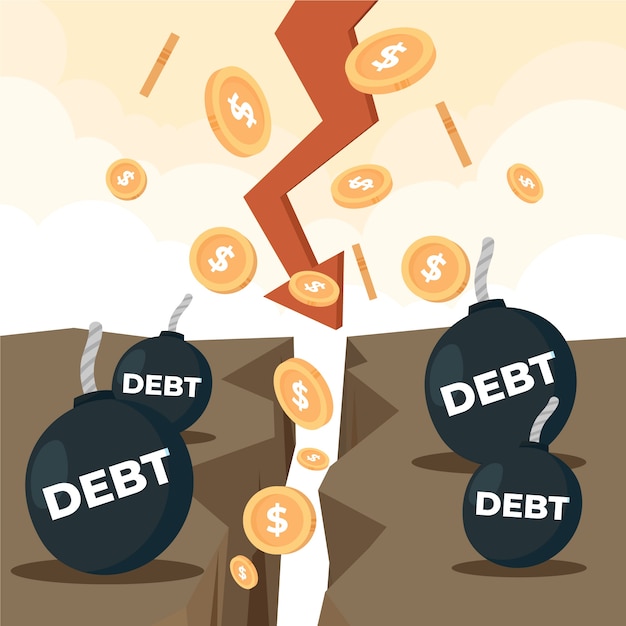Debt Relief for Students: Biden Announces Cancellation for Select Borrowers — Important Criteria to Meet

The Biden administration announced on January 12 that it would cancel more debt for certain borrowers enrolled in the Saving on a Valuable Education (SAVE) plan, months ahead of schedule.
President Joe Biden expressed pride in implementing one of the most impactful provisions of the SAVE plan nearly six months early. He highlighted that this action would particularly benefit community college borrowers, low-income borrowers, and those struggling to repay their loans.
The Department of Education stated that borrowers enrolled in SAVE who are eligible for early forgiveness will have their debts canceled starting next month, without requiring any action from them. Additionally, the Department is launching an outreach and email campaign to encourage borrowers not currently enrolled in SAVE to sign up, as they may benefit from the shortened repayment period.
Dror Liebenthal, CEO and co-founder of Bold.org, emphasized that borrowers should carefully review their eligibility for the program. The goal of this announcement is to help low-balance borrowers pay off their debt as soon as possible.
Borrowers enrolled in SAVE who have made at least 10 years of monthly payments and originally took out $12,000 or less for undergraduate or graduate studies are eligible for forgiveness. For every $1,000 borrowed above $12,000, a borrower can receive forgiveness after an additional year of payments. This means a borrower who originally borrowed less than $21,000 will be eligible for forgiveness faster than the 20-year timeline for undergraduate borrowers on SAVE. The Department is accelerating this benefit months ahead of the previously set date of July 1, 2024.
As of January, there are 6.9 million borrowers enrolled in the SAVE Plan, more than double the enrollment on the Revised Pay As You Earn (REPAYE) plan it replaced in August.
Jay Zigmont, PhD, CFP, and founder of Childfree Wealth, noted that the key behind this new forgiveness program is that it is based on the initial amount borrowed, not the current loan amount. For people on an income-based repayment program, it is common for their current balance to be higher than their original loan, even after making a decade of payments. Zigmont added that the program will forgive loans where less than $12,000 was borrowed and 10 years of payments were made. If the initial loan was over $12,000, an extra year of payments is needed for each additional $1,000 borrowed. He also mentioned that it will be interesting to see which payments are counted, as the Biden administration has been lenient in counting payments with other programs, but certain forbearances or missed payments may not count. Additionally, this program should be federally tax-free, though it may be taxed as income in some states.